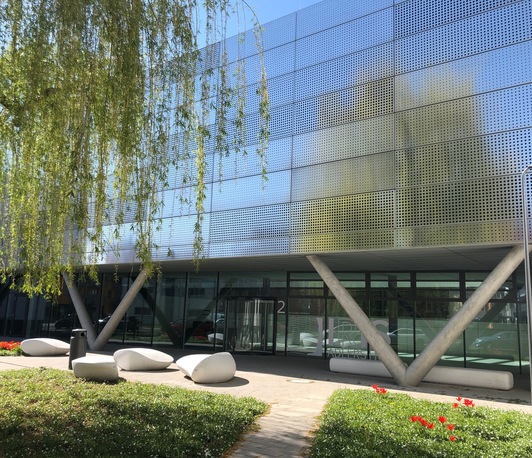
Gerhard Ertl Lecture & Award
The Ertl Lecture Award was established in 2008 by the three Berlin universities (Humboldt University, Technical University and Free University) and the Fritz Haber Institute of the Max Planck Society and is awarded once a year. It commemorates former FHI Director Gerhard Ertl's Nobel Prize in Chemistry, which he received in 2007. The prize honours outstanding personalities and researchers in the field of catalysis where Ertl carried out exceptional research for many decades. The prize, sponsored by BASF, includes a one-week research stay at the participating Berlin institutions and a keynote lecture. The winner is typically announced in Spring, the lecture takes place around the December 10th, the anniversary of Ertl's Nobel Prize reception.

